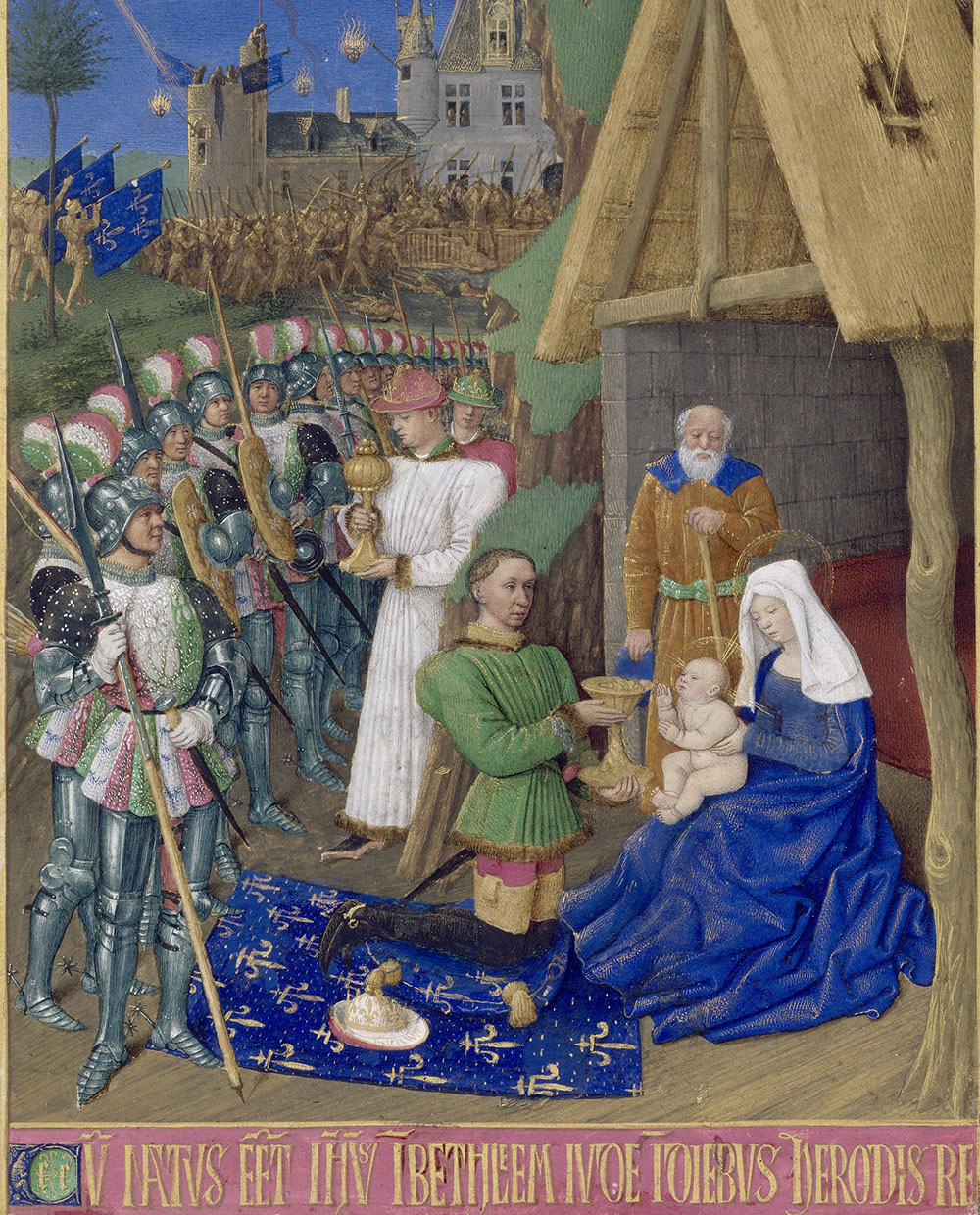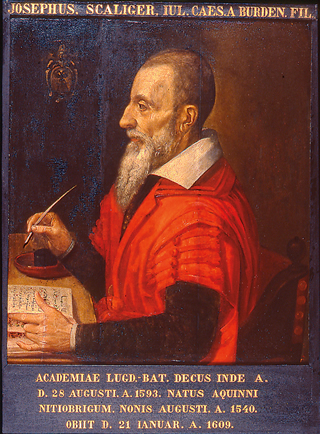|
University Of Valence
The University of Valence was founded 26 July 1452, by letters patent from the Dauphin Louis, afterwards Louis XI of France, in a move to develop the city of Valence, then part of his domain of Dauphiné. It existed until the French Revolution. History Pope Pius II approved its erection in the papal bull of 3 May 1459. In February 1541, the Canon Pierre Morel opened a college for thirteen poor students. In the 16th century, Valence was famous for its teaching of law, entrusted to Italian professors or to those who had studied in Italy. The Portuguese jurist António de Gouveia taught at Valence, 1554–55; the French jurist, Jacques Cujas (1522–90), from December 1557 to 1559; and François Hotman from the end of 1562 until August 1568. It was at the instigation of Hotman that Bishop Jean de Monluc obtained from Charles IX of France the Edict of 8 April 1565, which united the University of Grenoble with Valence. Cujas again filled a chair at Valence, August 1567–157 ... [...More Info...] [...Related Items...] OR: [Wikipedia] [Google] [Baidu] |
Louis XI Of France
Louis XI (3 July 1423 – 30 August 1483), called "Louis the Prudent" (french: le Prudent), was King of France from 1461 to 1483. He succeeded his father, Charles VII. Louis entered into open rebellion against his father in a short-lived revolt known as the Praguerie in 1440. The king forgave his rebellious vassals, including Louis, to whom he entrusted the management of the Dauphiné, then a province in southeastern France. Louis's ceaseless intrigues, however, led his father to banish him from court. From the Dauphiné, Louis led his own political establishment and married Charlotte of Savoy, daughter of Louis, Duke of Savoy, against the will of his father. Charles VII sent an army to compel his son to his will, but Louis fled to Burgundy, where he was hosted by Philip the Good, the Duke of Burgundy, Charles' greatest enemy. When Charles VII died in 1461, Louis left the Burgundian court to take possession of his kingdom. His taste for intrigue and his intense diplomatic ac ... [...More Info...] [...Related Items...] OR: [Wikipedia] [Google] [Baidu] |
Joseph Justus Scaliger
Joseph Justus Scaliger (; 5 August 1540 – 21 January 1609) was a French Calvinist religious leader and scholar, known for expanding the notion of classical history from Greek and Ancient Roman history to include Persian, Babylonian, Jewish and Ancient Egyptian history. He spent the last sixteen years of his life in the Netherlands. Early life In 1540, Scaliger was born in Agen, France, to Italian scholar and physician Julius Caesar Scaliger and his wife, Andiette de Roques Lobejac. His only formal education was three years of study at the College of Guienne in Bordeaux, which ended in 1555 due to an outbreak of the bubonic plague. Until his death in 1558, Julius Scaliger taught his son Latin and poetry; he was made to write at least 80 lines of Latin a day. University and travels After his father's death, Scaliger spent four years at the University of Paris, where he studied Greek under Adrianus Turnebus. After two months he found he was not in a position to profit from t ... [...More Info...] [...Related Items...] OR: [Wikipedia] [Google] [Baidu] |
Defunct Universities And Colleges In France
{{Disambiguation ...
Defunct (no longer in use or active) may refer to: * ''Defunct'' (video game), 2014 * Zombie process or defunct process, in Unix-like operating systems See also * * :Former entities * End-of-life product * Obsolescence Obsolescence is the state of being which occurs when an object, service, or practice is no longer maintained or required even though it may still be in good working order. It usually happens when something that is more efficient or less risky r ... [...More Info...] [...Related Items...] OR: [Wikipedia] [Google] [Baidu] |
1450s Establishments In France
*
{{Number disambiguation ...
145 may refer to: *145 (number), a natural number * AD 145, a year in the 2nd century AD *145 BC, a year in the 2nd century BC *145 (dinghy), a two-person intermediate sailing dinghy *145 (South) Brigade *145 (New Jersey bus) See also * List of highways numbered 145 The following highways are numbered 145: Australia * Lower Barrington Road, Paloona Road, Melrose Road, Bellamy Road, Forthside Road (Tasmania) * Inverleigh–Winchelsea Road (Victoria) Canada * Winnipeg Route 145 * New Brunswick Route 145 * P ... [...More Info...] [...Related Items...] OR: [Wikipedia] [Google] [Baidu] |
1452 Establishments In Europe
*
{{Number disambiguation ...
145 may refer to: *145 (number), a natural number * AD 145, a year in the 2nd century AD *145 BC, a year in the 2nd century BC *145 (dinghy), a two-person intermediate sailing dinghy *145 (South) Brigade *145 (New Jersey bus) See also * List of highways numbered 145 The following highways are numbered 145: Australia * Lower Barrington Road, Paloona Road, Melrose Road, Bellamy Road, Forthside Road (Tasmania) * Inverleigh–Winchelsea Road (Victoria) Canada * Winnipeg Route 145 * New Brunswick Route 145 * P ... [...More Info...] [...Related Items...] OR: [Wikipedia] [Google] [Baidu] |
List Of Medieval Universities
The list of medieval universities comprises universities (more precisely, '' studia generalia'') which existed in Europe during the Middle Ages.Rüegg 1992, pp. XIX–XX It also includes short-lived foundations and European educational institutions whose university status is a matter of debate. The degree-awarding university with its corporate organization and relative autonomy is a product of medieval Christian Europe. Before 1500, more than eighty universities were established in Western and Central Europe. During the subsequent Colonization of the Americas the university was introduced to the New World, marking the beginning of its worldwide spread as the center of higher learning everywhere (see List of oldest universities). Definition There were many institutions of learning (''studia'') in the Middle Ages in Latin Europe—cathedral schools, "schools of rhetoric" (law faculties), etc. Historians generally restrict the term "medieval university" to refer to an ins ... [...More Info...] [...Related Items...] OR: [Wikipedia] [Google] [Baidu] |
Jesuit
, image = Ihs-logo.svg , image_size = 175px , caption = ChristogramOfficial seal of the Jesuits , abbreviation = SJ , nickname = Jesuits , formation = , founders = , founding_location = , type = Order of clerics regular of pontifical right (for men) , headquarters = Generalate:Borgo S. Spirito 4, 00195 Roma-Prati, Italy , coords = , region_served = Worldwide , num_members = 14,839 members (includes 10,721 priests) as of 2020 , leader_title = Motto , leader_name = la, Ad Majorem Dei GloriamEnglish: ''For the Greater Glory of God'' , leader_title2 = Superior General , leader_name2 = Fr. Arturo Sosa, SJ , leader_title3 = Patron saints , leader_name3 = , leader_title4 = Ministry , leader_name4 = Missionary, educational, literary works , main_organ = La Civiltà Cattolica ... [...More Info...] [...Related Items...] OR: [Wikipedia] [Google] [Baidu] |
Catholicism
The Catholic Church, also known as the Roman Catholic Church, is the largest Christian church, with 1.3 billion baptized Catholics worldwide . It is among the world's oldest and largest international institutions, and has played a prominent role in the history and development of Western civilization.O'Collins, p. v (preface). The church consists of 24 ''sui iuris'' churches, including the Latin Church and 23 Eastern Catholic Churches, which comprise almost 3,500 dioceses and eparchies located around the world. The pope, who is the bishop of Rome, is the chief pastor of the church. The bishopric of Rome, known as the Holy See, is the central governing authority of the church. The administrative body of the Holy See, the Roman Curia, has its principal offices in Vatican City, a small enclave of the Italian city of Rome, of which the pope is head of state. The core beliefs of Catholicism are found in the Nicene Creed. The Catholic Church teaches that it is th ... [...More Info...] [...Related Items...] OR: [Wikipedia] [Google] [Baidu] |
Protestant
Protestantism is a Christian denomination, branch of Christianity that follows the theological tenets of the Reformation, Protestant Reformation, a movement that began seeking to reform the Catholic Church from within in the 16th century against what its followers perceived to be growing Criticism of the Catholic Church, errors, abuses, and discrepancies within it. Protestantism emphasizes the Christian believer's justification by God in faith alone (') rather than by a combination of faith with good works as in Catholicism; the teaching that Salvation in Christianity, salvation comes by Grace in Christianity, divine grace or "unmerited favor" only ('); the Universal priesthood, priesthood of all faithful believers in the Church; and the ''sola scriptura'' ("scripture alone") that posits the Bible as the sole infallible source of authority for Christian faith and practice. Most Protestants, with the exception of Anglo-Papalism, reject the Catholic doctrine of papal supremacy, ... [...More Info...] [...Related Items...] OR: [Wikipedia] [Google] [Baidu] |
Pierre Pithou
Pierre Pithou (1 November 1539 – 1 November 1596) was a French lawyer and scholar. He is also known as Petrus Pithoeus. Life He was born at Troyes. From childhood he loved literature, and his father Pierre encouraged this interest. Young Pithou was called to the Paris bar in 1560. On the outbreak of the second war of religion in 1567, Pithou, who was a Calvinist, withdrew to Sedan, France and afterwards to Basel, returning to France on the publication of the edict of pacification. Soon afterwards he accompanied the duc de Montmorency on his embassy to England, returning shortly before the massacre of St Bartholomew, in which he narrowly escaped with his life. Next year he followed the example of the future Henry IV of France Henry IV (french: Henri IV; 13 December 1553 – 14 May 1610), also known by the epithets Good King Henry or Henry the Great, was King of Navarre (as Henry III) from 1572 and King of France from 1589 to 1610. He was the first monarc ... ... [...More Info...] [...Related Items...] OR: [Wikipedia] [Google] [Baidu] |
Jacques Auguste De Thou
Jacques Auguste de Thou (Thuanus) (8 October 1553, Paris – 7 May 1617, Paris) was a French historian, book collector and president of the Parliament of Paris. Life Jacques Auguste de Thou was the grandson of , president of the Parliament of Paris (d. 1544), and the third son of Christophe de Thou (d. 1582), '' premier président'' of the same '' parlement'', who had had ambitions to produce a history of France. His uncle was Nicolas de Thou, Bishop of Chartres (1573–1598). With this family background, he developed a love of literature, a firm but tolerant piety, and a loyalty to the Crown. At seventeen, he began his studies in law, first at Orléans, later at Bourges, where he made the acquaintance of François Hotman, and finally at Valence, where he had Jacques Cujas for his teacher and Joseph Justus Scaliger as a friend. He was at first intended for the Church; he received the minor orders, and on the appointment of his uncle Nicolas to the episcopate succeeded him ... [...More Info...] [...Related Items...] OR: [Wikipedia] [Google] [Baidu] |
University Of Grenoble
The Université Grenoble Alpes (UGA, French: meaning "''Grenoble Alps University''") is a public research university in Grenoble, France. Founded in 1339, it is the third largest university in France with about 60,000 students and over 3,000 researchers. Established as the University of Grenoble by Humbert II of Viennois, it split in 1970 following the wide-spread civil unrest of May 1968. Three of the University of Grenoble's successors—Joseph Fourier University, Pierre Mendès-France University, and Stendhal University—merged in 2016 to restore the original institution under the name Université Grenoble Alpes. In 2020, the Grenoble Institute of Technology, the Grenoble Institute of Political Studies, and the Grenoble School of Architecture also merged with the original university. The university is organized around two closely located urban campuses: Domaine Universitaire, which straddles Saint-Martin-d'Hères and Gières, and Campus GIANT in Grenoble. UGA also owns and op ... [...More Info...] [...Related Items...] OR: [Wikipedia] [Google] [Baidu] |




.jpg)

.jpg)

